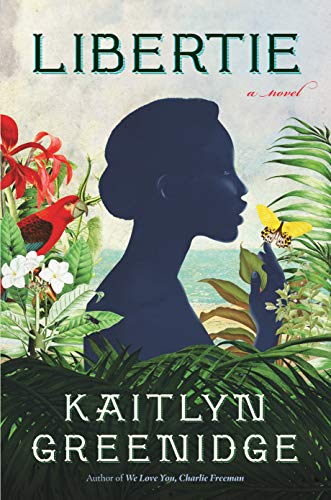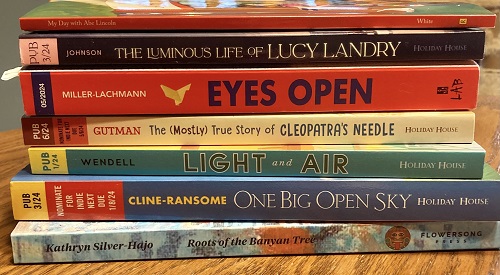Libertie: A Novel
On the surface, Libertie is a coming-of-age novel. Libertie Sampson, free-born, dark Black daughter of the much lighter and more self-assured Dr. Catherine Sampson, relates her adolescence and young adulthood in Civil War-era Kings County, New York, and her time as a college student in Ohio, as well as her marriage to Emmanuel Chase, her mother’s Haitian-born apprentice. Her journey to his country takes her search for autonomy in another direction. However, Kaitlyn Greenidge’s absorbing second novel has a broader scope than one fictionalized life, although Libertie’s often detached recollections provide an ideal perspective for working through the psychic aftereffects of slavery and emancipation on an entire Black community and its connections to the wider diaspora.
Unfolding over about a decade and a half (the late 1850s to early 1870s pass by in the background), Libertie moves from Catherine Sampson’s house in the small New York free Black community to Ohio and then to Haiti, as Libertie tries to move from her mother’s shadow. There is a great sense of claustrophobia in Libertie’s perspective as she learns what she is drawn to and what she cannot bear, without a great revelation. Greenidge renders it all superbly.
Recommended for all who want to read about the Reconstruction era in US history and everyone who is willing to reckon with the legacy of slavery on life in many countries in the Americas.










